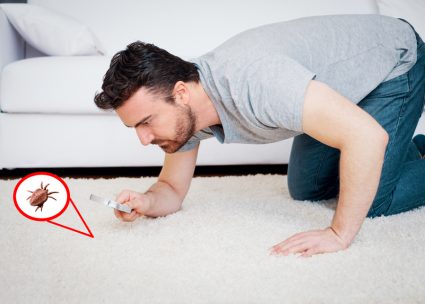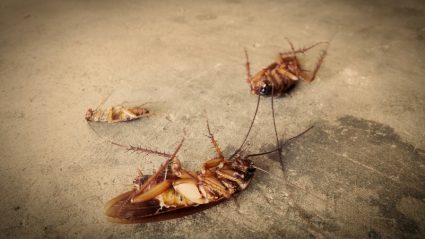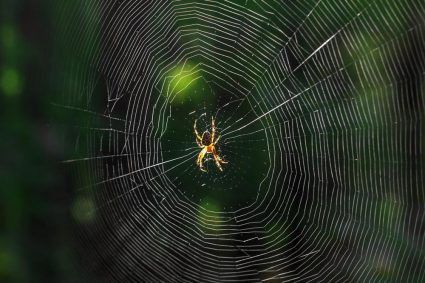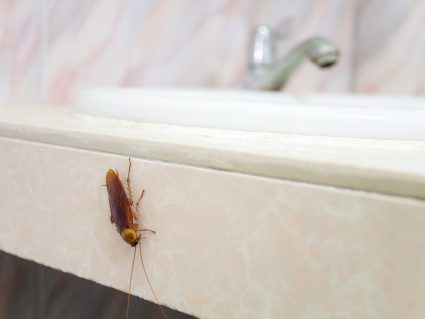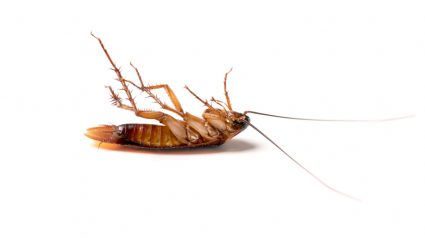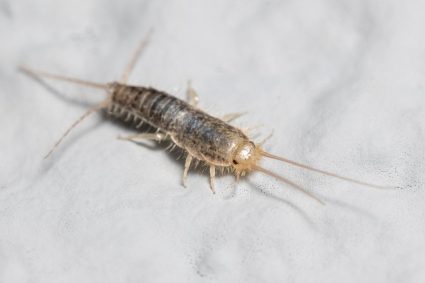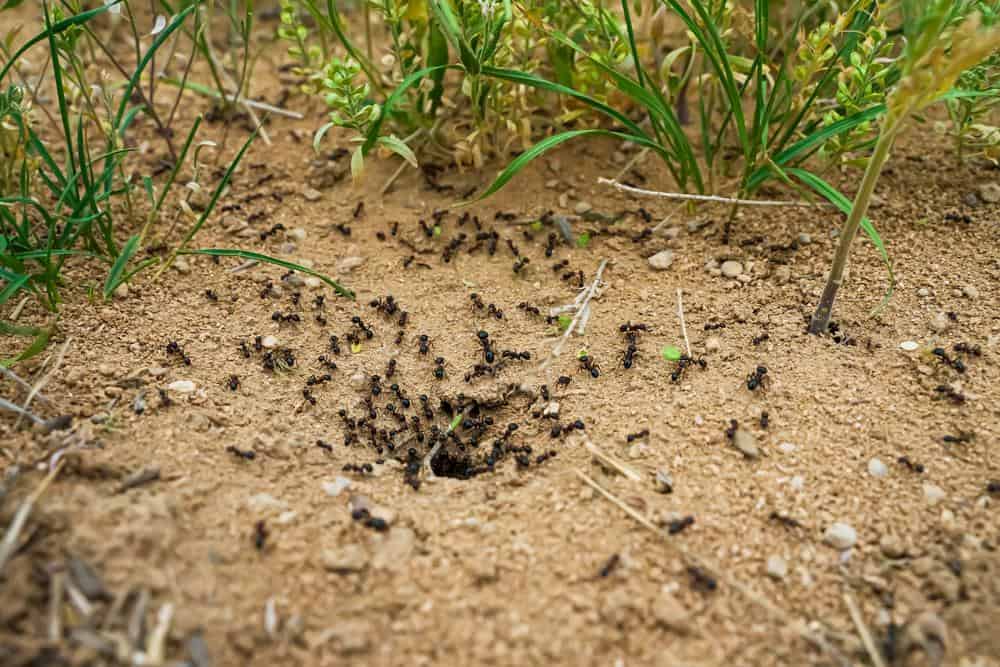
Ants are small, but their presence can create a big nuisance in your home. Despite being tiny creatures, they can cause significant damage to your property, contaminate food, and even pose a threat to your health. If you’re tired of seeing these uninvited guests in your house, this comprehensive guide will help you learn how to effectively get an ant out of your house and prevent future infestations.
To get an ant out of your house, first identify the signs of an infestation such as seeing live ants or ant trails. Use natural and DIY methods like white vinegar, baking soda and powdered sugar, or diatomaceous earth to eliminate them. If the infestation is severe, consider professional ant removal services. Prevent future infestations by maintaining cleanliness, sealing entry points, and regularly inspecting your home.
Recognizing Signs of an Ant Infestation
Before you can start the process of getting rid of ants, it’s essential to identify whether you have an ant infestation. Here are some common signs:
- Seeing Live Ants: If you spot a larger than usual number of ants in your house, it’s a clear sign of an infestation.
- Ant Trails: Ants often follow pheromone trails to food sources. If you see a line of ants, it’s a sign of an infestation.
- Piles of Dirt: Small piles of dirt around your house can indicate the presence of ants.
- Damaged Wood: If you see wood shavings or sawdust, it could be a sign of carpenter ants.
- Rustling Noises: Sounds of rustling from within your walls can also indicate an ant infestation.
Common Types of Ants That Invade Homes
Several types of ants can invade homes, each with unique characteristics. The most common ones include Argentine Ants, Carpenter Ants, Crazy Ants, Odorous House Ants, Pavement Ants, Red Imported Fire Ants, Ghost Ants, and Pharaoh Ants.
Dangers and Damages Caused by Ants
Ants can cause different types of damage and pose various dangers to a house and its occupants. These include:
- Structural Damage: Carpenter ants can cause significant damage to wooden structures in your house.
- Contamination of Food: Ants can contaminate food, leading to the transmission of diseases.
- Electrical Damage: Ants can chew through electrical wires, potentially causing fires.
- Spread of Bacteria: Some ants can spread harmful bacteria, posing a risk to human health.
- Allergic Reactions: Certain ant species like fire ants can cause serious allergic reactions.
Natural and DIY Methods to Get Rid of Ants
There are several natural and DIY methods to get rid of ants from your home. Some of the most effective methods include using white vinegar, baking soda and powdered sugar, diatomaceous earth, essential oils, coffee grounds, and lemon juice.
Professional Ant Removal Options
If your ant problem is severe or your DIY efforts have been unsuccessful, you may want to consider professional ant removal services. Professional exterminators can identify the type of ant infestation, develop a plan to eliminate them, and provide regular inspections and treatments to prevent future infestations.
Preventing Future Ant Infestations
Preventing future ant infestations involves maintaining cleanliness, sealing entry points, using natural repellents, repairing water leaks, using ant baits, and regularly inspecting your home.
Remember, patience and persistence are key when dealing with ant infestations. It’s essential to address any underlying issues that may be attracting ants, such as poor sanitation or structural problems, and to use a combination of methods for the best results.
In conclusion, getting an ant out of your house and preventing future infestations is a manageable task if you follow the guidelines and methods outlined in this article. With a little effort and patience, you can enjoy an ant-free home.
Frequently Asked Questions
How do I use vinegar to get rid of ants?
Vinegar can be used as a natural repellent due to its strong scent that disrupts the pheromone trails of ants. Mix equal parts of white vinegar and water in a spray bottle. Spray this mixture along the paths of ants or around areas where you have spotted them.
What are ant baits and how do they work?
Ant baits contain food mixed with substances that are toxic to ants. The ants are attracted to the bait and carry it back to their colony, sharing it with the rest of the ants, including the queen. This can effectively exterminate the entire colony.
What essential oils can I use to repel ants?
Many essential oils can help repel ants due to their strong scents. These include peppermint, tea tree, clove, and citrus oils. You can mix a few drops of these oils with water in a spray bottle and spray it around ant-infested areas.
How can I seal entry points to prevent ant infestations?
To seal entry points, you can use caulk to fill in small cracks and openings in walls, windows, doors, and floors. For larger gaps, consider using a foam sealant.
Are there any specific signs of carpenter ants infestation?
Yes, carpenter ants often leave behind a sawdust-like material called frass that results from their excavation of wood. You might also notice a faint rustling noise inside your walls or woodwork.

